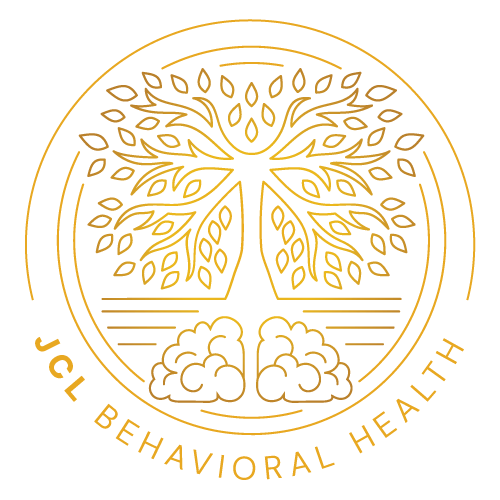Sleep Disorders
- Home
- Sleep Disorders
Sleep disorders involve problems with the quality, timing, and amount of sleep, which can lead to daytime distress and impaired functioning. Common sleep disorders include insomnia, sleep apnea, restless legs syndrome, narcolepsy, and circadian rhythm sleep disorders. Poor sleep can significantly impact physical health, mental health, and overall quality of life.

Symptoms Of Sleep Disorders
Insomnia
Difficulty falling asleep, staying asleep, or waking up too early and not being able to go back to sleep. Symptoms include daytime fatigue, irritability, mood disturbances, and impaired concentration.
Sleep Apnea
Repeated interruptions in breathing during sleep due to airway obstruction (obstructive sleep apnea) or a lack of respiratory effort (central sleep apnea). Symptoms include loud snoring, choking or gasping during sleep, excessive daytime sleepiness, and morning headaches.
Restless Legs Syndrome (RLS)
Uncomfortable sensations in the legs (e.g., tingling, itching, crawling) accompanied by an urge to move the legs, which is worse during periods of inactivity and at night. Symptoms can interfere with the ability to fall asleep or stay asleep.
Narcolepsy
Excessive daytime sleepiness, sudden loss of muscle tone (cataplexy), sleep paralysis, and hallucinations during the transition between wakefulness and sleep. Individuals may experience sudden and uncontrollable episodes of falling asleep during the day.
Circadian Rhythm Sleep Disorders
Disruptions in the timing of sleep due to irregular sleep-wake patterns or misalignment with the external environment. Examples include delayed sleep phase disorder (difficulty falling asleep until late at night) and shift work disorder (sleep problems related to working nontraditional hours).
Treatment Approaches
Behavioral Therapies
Cognitive Behavioral Therapy for Insomnia (CBT-I) is highly effective for treating chronic insomnia. Other approaches include sleep hygiene education, stimulus control therapy, relaxation techniques, and sleep restriction therapy.
Medications
Depending on the specific sleep disorder, medications such as sedative-hypnotics, melatonin receptor agonists, wakefulness-promoting agents, and medications for underlying conditions (e.g., antidepressants for depression-related insomnia) may be prescribed.
Continuous Positive Airway Pressure (CPAP)
The primary treatment for obstructive sleep apnea, CPAP involves using a machine that delivers a steady stream of air through a mask to keep the airway open during sleep.
Lifestyle Changes
Regular sleep routines, avoiding caffeine and alcohol close to bedtime, creating a comfortable sleep environment, and managing stress can improve sleep quality.
Light Therapy
Exposure to bright light at specific times can help regulate circadian rhythms and treat disorders such as delayed sleep phase disorder.
How We Can Help
JCL Behavioral Health offers a comprehensive approach to diagnosing and treating sleep disorders. Our services include thorough evaluations using sleep studies, assessments, and patient histories. Our multidisciplinary team includes sleep specialists, psychologists, and medical professionals who collaborate to develop individualized treatment plans. We provide behavioral therapies, medication management, CPAP therapy for sleep apnea, and lifestyle counseling to improve sleep quality and overall well-being. Our goal is to help patients achieve restful sleep and enhance their daily functioning and quality of life.

Copyright ©2024 JCL Healthcare, All rights reserved. Powered by DeVops Align


